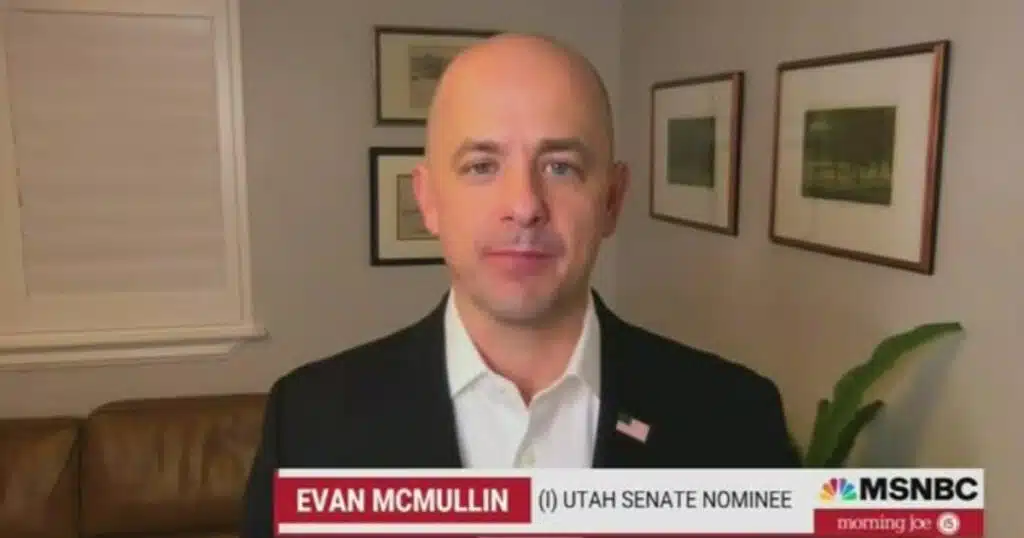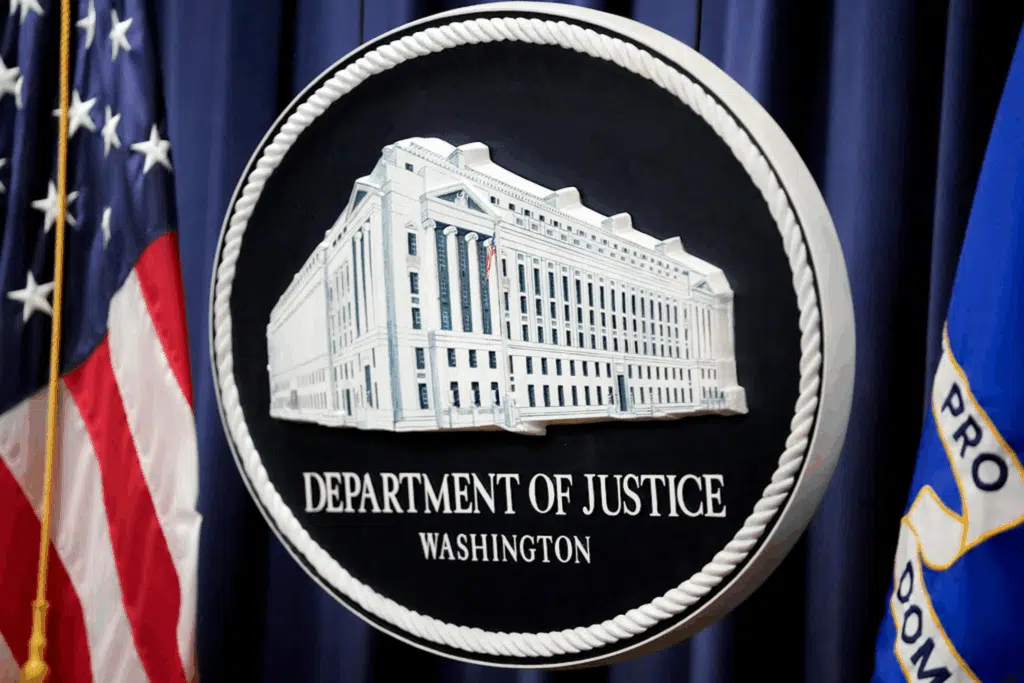
Democrats Spend Gobs on Third-party Candidates, Hoping to Hurt Republicans
As polls show Republicans gaining ground in the homestretch of the midterm elections, now less than a week away, political groups siding with the Democratic Party are spending mightily to boost third-party, long shot candidates in must-win races across the nation .
Tied to Democratic operatives and companies, the groups in question are focused on convincing voters the third-party candidates are the true “conservative” choices in their respective races — a cynical effort that could end up splitting the conservative vote and lead to a Democratic victory.
Brad Bannon, a Democratic strategist who has run several high-profile campaigns, acknowledged the strategy is an old tactic both Republicans and Democrats have used. And while the maneuver doesn’t always work, he added, in a close race, if even a few hundred votes are shifted away from one’s main opponent, it could make all the difference between winning and losing.
In Kansas, an organization called the American Center has invested tens of thousands of dollars into the campaign of independent gubernatorial nominee Dennis Pyle, who claimed just 3 percent in a recent poll, as the Republican, the state’s Attorney General Derek Schmidt, and Democrat Gov. Laura Kelly proved well ahead of him in public support and locked in a virtual tie.
“Meet conservative independent Dennis Pyle,” said a recent digital ad sent out by the group by text message. “He’s running as an independent against RINO Derek Schmidt, who supports illegal immigrants getting in-state tuition in Kansas.”
The American Center shares an address with a prominent Washington, D.C.-based law firm used by the Democratic Party and is also spending $92,000 on radio ads boosting Pyle’s “real conservative” credentials.
Democrats are also using the tactic in Michigan’s 8th congressional district.
The Voter Protection Project (VPP), run by a former pollster for Sen. Bernie Sanders, has in recent weeks spent nearly $160,000 promoting Libertarian Party candidate David Canny. The money has mostly been used on digital ads and campaign mailers contrasting Canny, a retired seafood retail seller, with GOP nominee Paul Junge, a small businessman and lawyer.
“Paul Junge spent a career in California politics,” one of the VPP mailers said. “Don’t let Paul Junge bring California values to Michigan. David [Canny] will stop wasteful spending.”
Junge is running against incumbent five-term Democrat Rep. Kildee. A poll conducted over the summer found Kildee only up three points over Junge, which is why a majority of political; analysts rate the contest a toss-up.
“The new Democrat playbook is to meddle in our elections by boosting the libertarian candidate,” said a spokesman for the Michigan Republican Party in a statement. “Confusing the public and attempting to suppress voters.”
VPP is using the same approach against Republicans in Kansas’ 3rd congressional district. There, the group has launched a website contrasting GOP nominee Amanda Adkins with Libertarian candidate Steve Hohe.
“Lobbyist and career politician Amanda Adkins serves the interests of the D.C. elites,” the site states. Steve Hohe, in contrast, will “crack down on illegal immigration [and] eliminate the federal income tax and replace with a flat tax.”
Republicans o0n the national level feel confident Adkins, who ran for the Kansas City-based seat in 2020, can this time out beat two-term Democratic Rep. Sharice Davids. As such, VPP has spent more than $261,000 on ads and mailers attacking Adkins as insufficiently conservative.
Apart from boosting third-party candidates, VPP is also running ads in a heated California matchup, suggesting Rep. David Valadao from the state’s agriculturally-rich San Jaoquin Valley, is a traitor for having voted to impeach former President Trump. Valadao faces off against Democrat Rudy Salas Nov. 8.
Earlier this year, the Democrat Party also spent extensively to boost far-right Republicans in contested primaries spanning from Arizona to Pennsylvania, all in an attempt to prevent stronger candidates from reaching the general election.



